Chesapeake Forest Champions honored for efforts to conserve trees
The Alliance for the Chesapeake Bay celebrated four winners at the Chesapeake Watershed Forum.
Conserving forests is critical to clean water, and honoring the champions of these vital habitats is central to the work of the Alliance for the Chesapeake Bay. At its ninth annual Chesapeake Watershed Forum, the non-profit organization, with support from the U.S. Forest Service, recognized four Chesapeake Forest Champions: a public charity that demonstrates sustainable forest management to children and adults, a partnership that promotes volunteerism in planting urban trees, a private forest owner who engages women in working wooded lands and the founding director of Maryland’s largest environmental center.
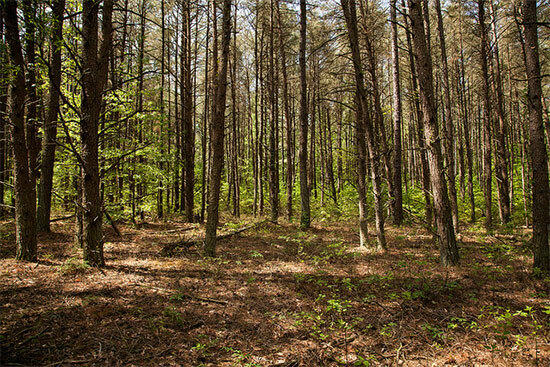
Across the watershed, forests are disappearing at an average rate of 100 acres per day. This can mean less habitat for wildlife and more pollution flowing into rivers and streams. But the examples set by Chesapeake Forest Champions act as reminders of the local action that can restore the region’s resources.
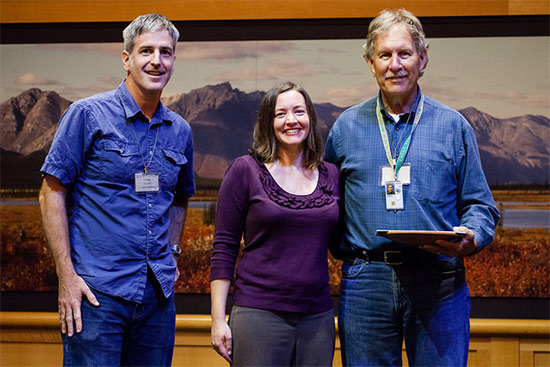
The Evergreen Heritage Center was named Most Effective at Engaging the Public. The public charity was founded in 2008 and sits on a 130-acre Maryland estate that pre-dates the Revolutionary War. Its 108 acres of forestland have been managed under state guidelines for 65 years, and in 2000 earned the title Tree Farm of the Year. Dedicated to education, the organization offers field studies to students, professional development courses to teachers and conservation workshops to the general public. Its outdoor learning stations explore forest ecology, soil and water conservation, and climate change, while its heritage hoop house and sawmill demonstrate the art of forestry from start to finish and meet demand for local wood products.
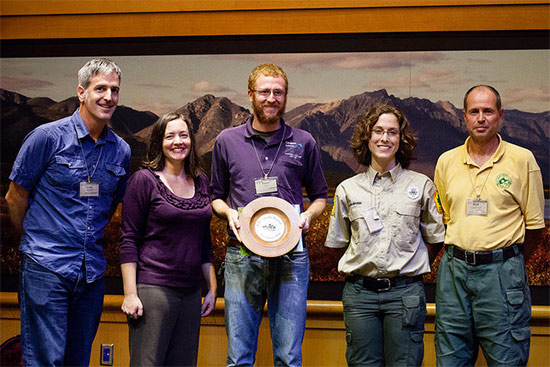
West Virginia Project CommuniTree was commended for Greatest On-the-Ground Impact. Founded in 2008, the partnership of the Cacapon Institute and the West Virginia Conservation Agency, Division of Forestry and Division of Highways has led close to 50 plantings, with more than 2,500 volunteers planting more than 3,200 trees. In its work to boost urban forests in the Potomac Highlands, the partnership engages students, citizens and community groups to plant trees where people live—in neighborhoods, along roadsides and at schools—and offers grants for “CTree Kits” that contain everything a group would need to complete its own planting: trees, deer protection and mulch.
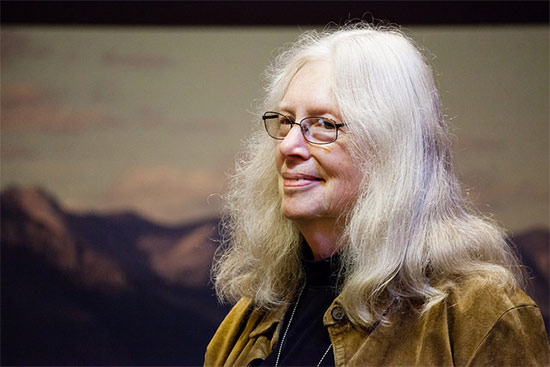
Nancy G.W. Baker was named an Exemplary Forest Steward. A private forest owner, Baker stewards the Panther Lick. This 163-acre property has been in her family for more than 150 years, and she uses the land to demonstrate the benefits of a working forest. She is president of the Bradford-Sullivan Forest Landowners’ Association’s Board of Directors, an active member of Pennsylvania’s Forest Stewardship Steering Committee and a leader in the Women and Their Woods program, which reaches out to women forest owners in the mid-Atlantic. Living along the Susquehanna River, Baker was one of the first members of Forests for the Bay and an essential part of its steering committee.
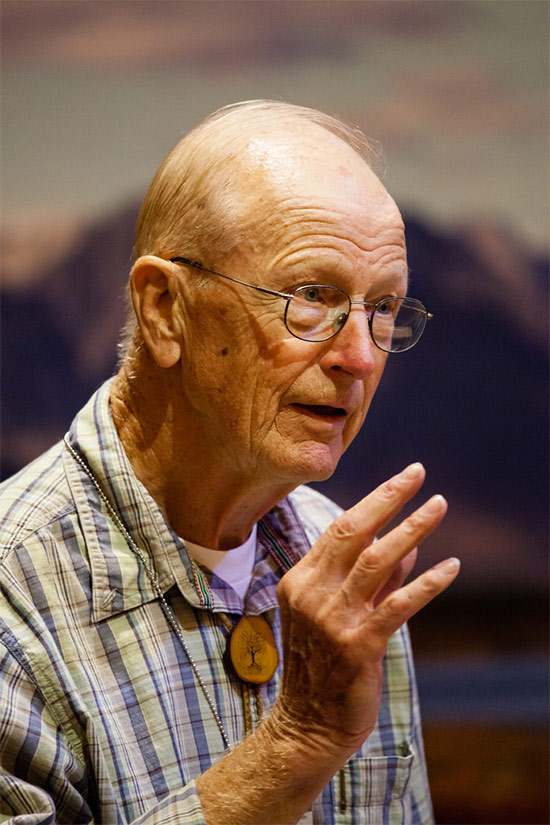
Joe Howard was given the Lifetime Achievement Award. A Maryland teacher for 35 years, Howard co-founded and was the first director of the Lathrop E. Smith Environmental Education Center, where he turned fields into forests and taught thousands of students about the importance of trees. In his retirement, Howard led Montgomery County’s Champion Trees program. Thanks to Howard, the county is home to three of the state’s five largest yellow poplars, and a cockspur hawthorne that he and his students planted was named a Big Tree National Champion in 2010. Howard continues to teach people about trees, forests and the management of this vital habitat.

Comments
There are no comments.
Thank you!
Your comment has been received. Before it can be published, the comment will be reviewed by our team to ensure it adheres with our rules of engagement.
Back to recent stories